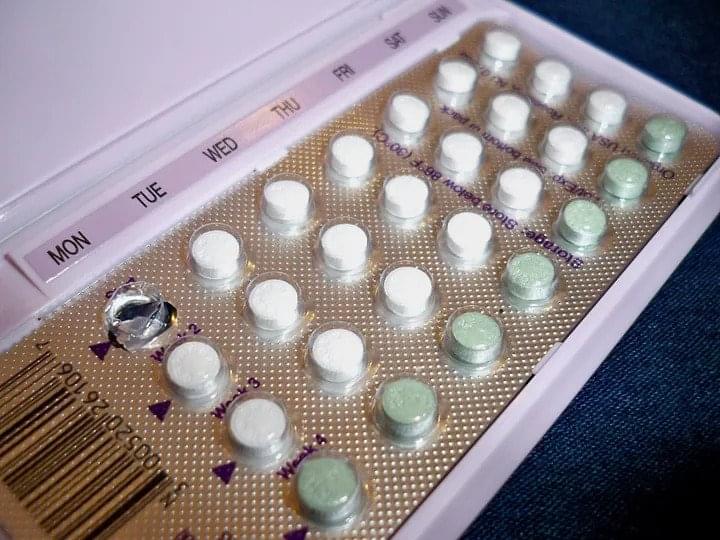Is there a link between HRT and cognitive decline? Research is inconclusive

Clinical studies have provided contradictory findings about the long-term cognitive and mood effects of menopausal hormone therapies and underscored the need for additional research.
A study published earlier this year in The BMJ raised concerns among researchers and practitioners when it concluded: “Menopausal hormone therapy was positively associated with development of all cause dementia and Alzheimer’s disease, even in women who received treatment at the age of 55 years or younger.” This observational study analyzed data from Danish national registries.
However other studies clearly show no negative effects of MHT on cognitive performance or even some protective benefits.
Digging deeper
When faced with conflicting or inconsistent research, you need to do a deeper dive into the sources, methodology and findings. For example, observational studies are less rigorous than randomized clinical trials; meta-analyses are more conclusive than one or two investigations.
A topic like hormonal therapy is already controversial, and coverage could have a significant impact on women’s health. That’s why it’s important to hear from outside experts who are not involved in the studies being reported on to gain a broader perspective.
In an editorial referencing the BMJ study, menopause experts Kejal Kantarci, M.D., professor of radiology at the Mayo Clinic, and JoAnn Manson, M.D., professor of medicine at Harvard Medical School, noted that a causal link remains unlikely.
“Age at initiation of hormone treatment appears to be a crucial factor for cognitive outcomes based on [these] earlier clinical trials.” And confounding factors, like education or race, could play a role in higher dementia risk in younger women using hormone therapy for either a short or long duration.
The observed associations could be a deviation and should not be used to infer a causal relationship between hormone therapy and dementia risk, wrote Kantarci and Manson. “Randomised clinical trials provide the strongest evidence on the effect of hormone therapy on dementia risk.”
So what might influence a woman’s risk of dementia if she takes MHT?
Age might be one determining factor, as this Wall Street Journal story suggests. The story cited a meta-analysis of 50 prior studies that showed younger women taking estrogen-only therapy actually were about one-third less likely to develop dementia than women who were not taking any MHT.
Most menopause experts currently recommend Menopause Hormone Therapy (MHT) for women younger than 60 and within 10 years of menopause onset without risk factors. (Note: The Menopause Society generally uses “menopause hormonal therapy” as the standard language but some studies still refer to “hormonal replacement therapy” or HRT.)
Meanwhile, data from the KEEPS trial, (Kronos Early Estrogen Prevention Study) suggested no cognitive benefit or harm after 48 months of post-menopause hormonal therapy when taken early in menopause.
Longer-term findings from the KEEPS-Continuation study, which assessed effects on cognitive performance and imaging markers of Alzheimer’s in participants approximately 13 years after enrolling in the original KEEPS trial, found that cognitive performance was not influenced by either oral or transdermal HT formulation.
Instead, models showed strong associations between baseline and change-in-cognition during KEEPS and the same measures in KEEPS-Continuation. In other words, the strongest predictor of cognitive performance in the follow-up study was how the participants performed on cognitive evaluations in the original study.
Covariates included education, age, and APOEe4 carrier status, all of which have been previously shown to affect cognitive decline, were also analyzed.
Although the APOE4 gene, which has been found to increase dementia risk, seems to be about equally prevalent in men and women, Alzheimer’s disease is twice as common in women, according to Jessica Caldwell, PhD., director of the Women’s Alzheimer’s Movement Prevention Center at the Cleveland Clinic in Las Vegas, who was not involved in these studies.
“There continues to be a good cohort of research that suggests that for women at risk for Alzheimer’s, there could be some benefit for your brain in taking HRT right around the time of menopause,” she said in a Zoom interview. And for women experiencing premature menopause, whether from surgery or naturally, there’s stronger evidence for hormone replacement being brain beneficial in the long run.
Conversely, for women long past menopause, it’s not a good idea to start HRT. “ The Women’s Health Initiative study showed pretty strongly that starting late will increase your risk for a whole host of unwanted conditions including dementia,” Caldwell said.
Caldwell suggested that researchers need to do a better job of educating both the public and colleagues across the medical field about what is known about the impact of taking hormone replacements — or not. Women need to be asking more questions, Caldwell said. And physicians need to have better answers. The answers are significant for quality of life and the health of the aging brain.
For now, there’s still no one “right” answer. While Caldwell encourages women to seek providers that are up to date on HRT and risk factors, or providers who are willing to get there with them, finding knowledgeable practitioners remains a challenge. Only 20% of OB/GYN residencies offer training on menopause, and 80% of medical residents report feeling “barely comfortable” discussing or treating menopause, according to AARP.
Originally published at https://healthjournalism.org on November 28, 2023.